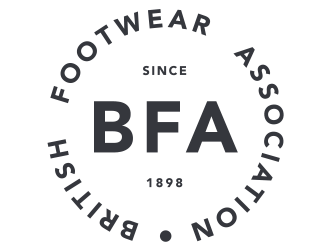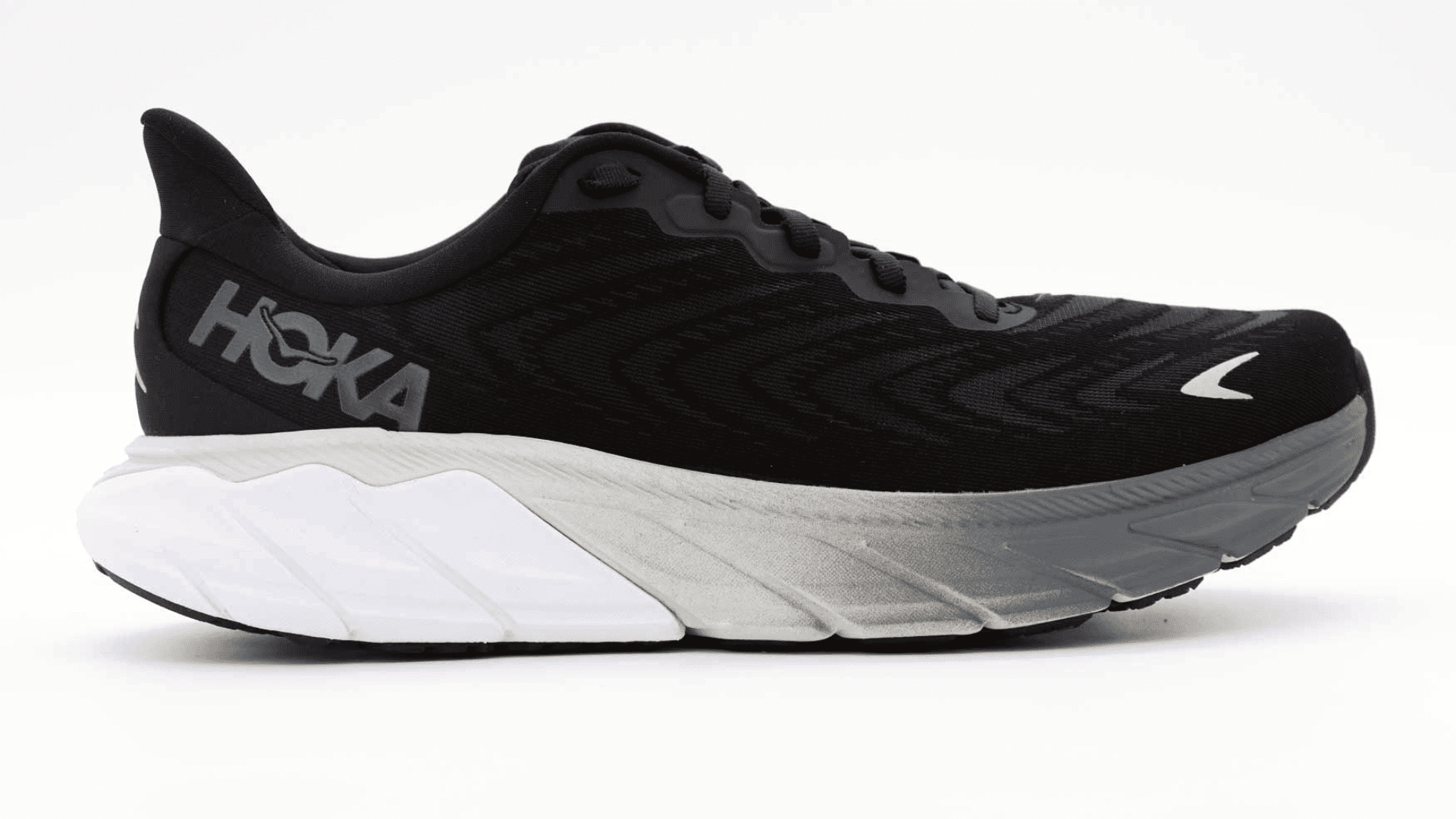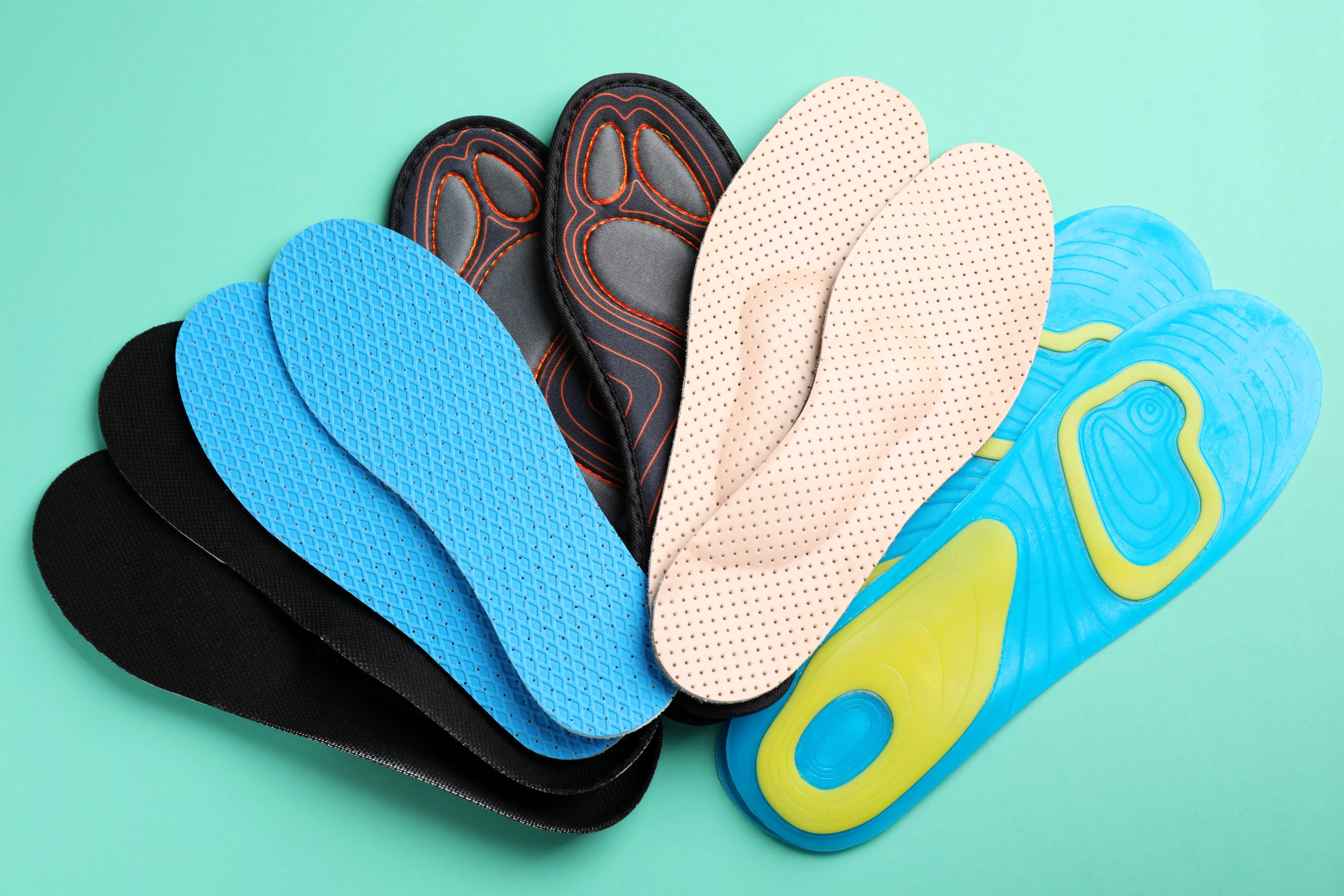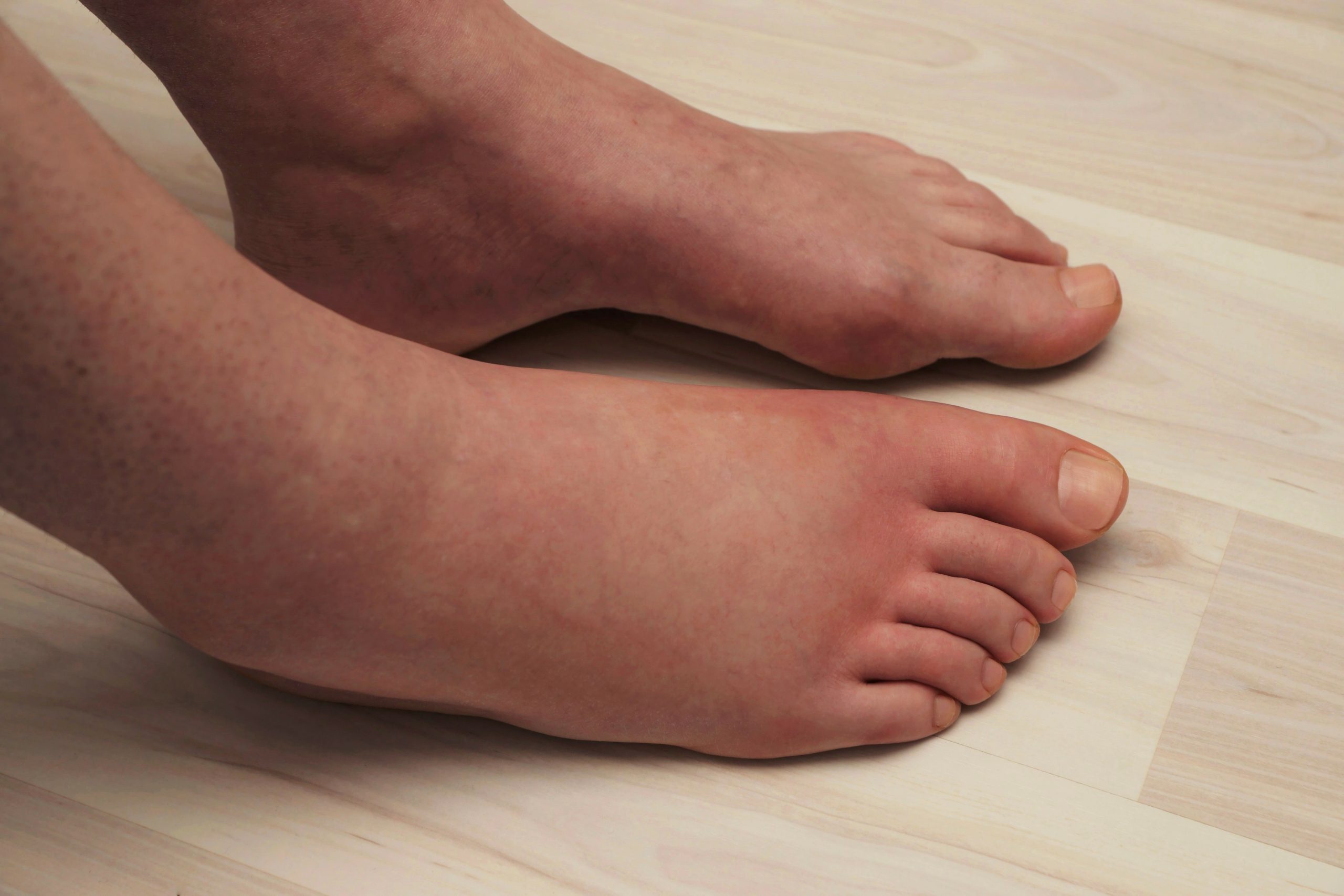Diabetes, hammer toes, and bunions are common conditions that can cause a great deal of discomfort and pain in the feet. These conditions can lead to a variety of complications, such as corns, calluses, and even foot ulcers. People with diabetes, hammer toes, and bunions may find it difficult to find comfortable and supportive footwear that fits properly. This is why it is crucial for people with these conditions to understand the importance of proper footwear fit.
Proper footwear fit is essential for managing diabetes, hammer toes, and bunions. Shoes that fit correctly can help prevent complications, relieve pain, and improve overall foot health. The right shoes can also help reduce the risk of falls, which is especially important for older adults and people with diabetes.
In this blog, we will explore the impact of diabetes, hammer toes, and bunions on foot health, and discuss the importance of proper footwear fit for people with these conditions. We will also provide tips and recommendations for finding comfortable and supportive footwear that fits properly. Whether you’re living with diabetes, hammer toes, or bunions, this blog will provide you with valuable information to help you take care of your feet.
Understanding why these conditions should affect your footwear.
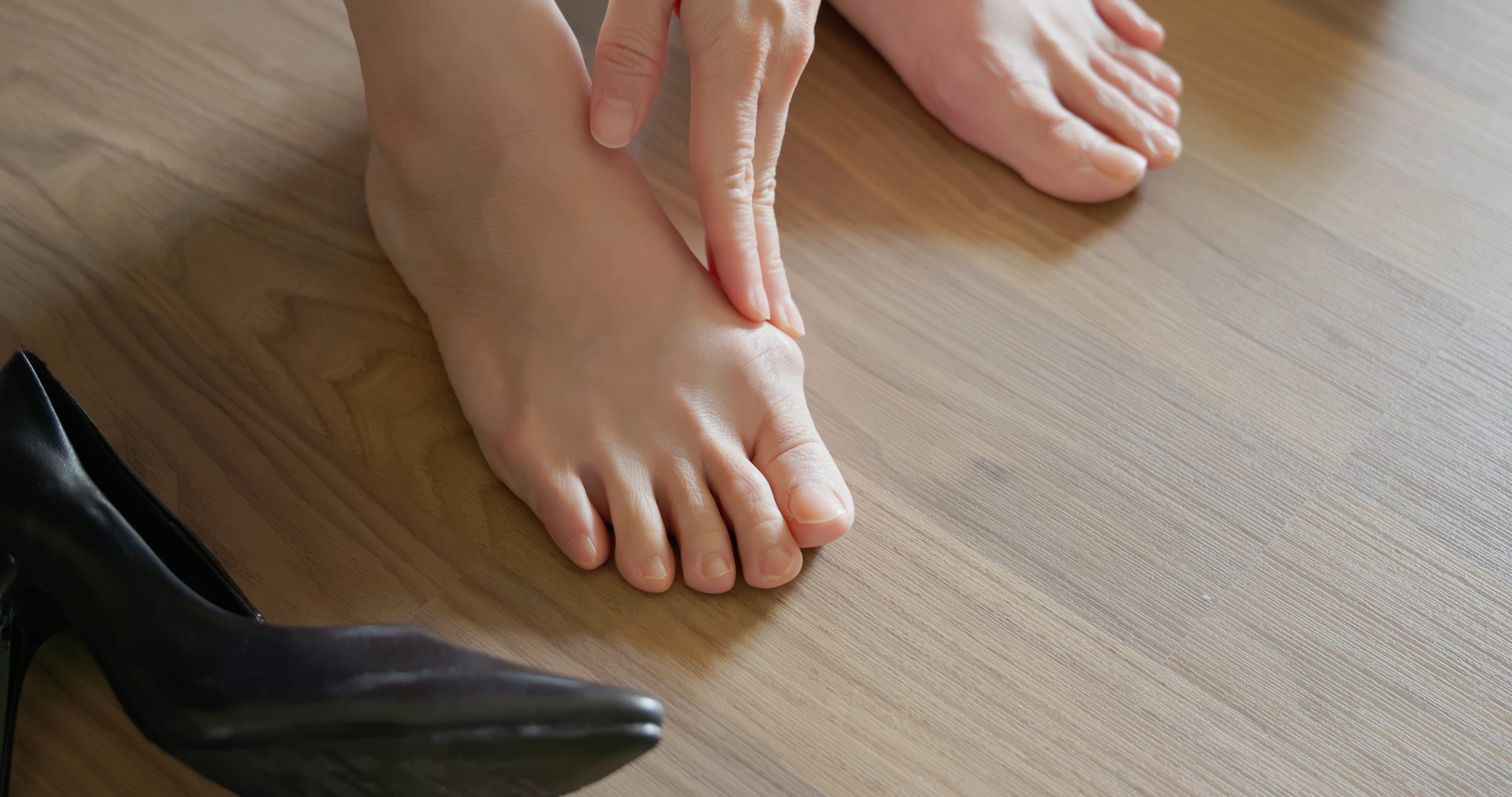
When it comes to managing conditions like diabetes, hammer toes, and bunions, the fit of your footwear is crucial. These conditions may seem entirely different with different symptoms, causes, and treatments, but they all share one thing in common – how important the fit of your footwear is. Improperly fitting shoes can cause pain, discomfort and further complications, while shoes that fit well and provide adequate support can help alleviate symptoms and improve overall foot health.
In this section, we will take a closer look at how each of these conditions affects the fit of your footwear, and what you can do to find shoes that fit properly and provide the support you need.
Diabetes.
Diabetes can affect the blood circulation in your feet and can cause numbness, tingling, and a loss of sensation (neuropathy). This can make it difficult for people with diabetes to recognise when their shoes are causing blisters, corns, calluses, or other foot injuries. It is important for people with diabetes to choose shoes that are comfortable, well-fitted, and made with good quality, natural materials.
Xsensible works well for us when helping people with diabetes, since the shoes are wider-fitting, made with soft and natural materials, and have the ability to stretch up to 70% in width. This extra room and flexibility in the feet can help prevent rubbing, and provide ample room for your feet to move and function correctly.
The important thing to consider with diabetes is that any problems you are experiencing may not be immediately obvious due to neuropathy. It is important to have your shoes professional fitted, so you can significantly reduce the likelihood of any further complications in regards to your foot health. It’s also wise to consult with your podiatrist when it comes to footwear, to make sure what you wear is supporting your treatment plan.
Hammer toes.
If you have hammer toes, you know how tricky it can be to find footwear that is comfortable. Shoes that are too tight can cause pain and discomfort, while shoes that are too loose can cause the toes to move around inside the shoe. This can lead to further complications such as corns, calluses, and blisters. Also, if you size up and have your own orthotics, they will not be able to work properly as they will not be secure enough inside the shoe. Instead of sizing up in standard fitting footwear, look for shoes that are wide enough and have a deep enough toe box to accommodate your toes.
Xsensible Stretchwalker shoes are also great for people with hammer toes, as they are designed to not rub or irritate the skin. The soft, stretch upper conforms to the shape of your feet, providing a comfortable and secure fit. The extra width at the forefoot also helps to prevent rubbing, reducing the risk of blisters and calluses. Additionally, the shoes come with a supportive midsole and carefully placed cushioning, which helps to relieve pressure on the toes and provide extra support for your feet.
Bunions.
When it comes to bunions, finding the right shoes can be a real pain. The bony bump on your big toe can make it tough to find shoes that fit comfortably, without causing any further discomfort. You’ll want to avoid shoes that are too tight, as they can squeeze your bunion and make it ache. But shoes that are too big can be just as bad, as they can cause your foot to slide around inside and lead to blisters, corns, and calluses. Again, this will be especially problematic if you have your own orthotics, as they will not be secure enough in the shoe and will not able to function properly.
At ShoeFit.uk, we stock a wide range of Waldlaufer shoes that are perfect for people with bunions. These shoes are well-made, lightweight, and feature a soft upper that will not constrict your toes. They are a great option to consider if you have bunions and are looking for comfortable and supportive footwear to manage them.
If you are struggling to find footwear for any of these conditions, then do not hesitate to book a free personal shopping appointment with us.
We can have a chat with you about your feet and make some personalised suggestions based on your unique needs.
The importance of proper footwear fit.
Good fitting footwear is crucial for individuals with conditions such as bunions, diabetes, and hammer toes. Proper fit helps to support your feet and allows them to move and function correctly. Footwear that fits poorly or are too tight can exacerbate the symptoms of these conditions, causing pain and discomfort, and potentially leading to the development of other complications.
For example, shoes that are too tight can put pressure on the toes, making hammer toes worse, while shoes that are too loose can cause blisters and calluses, making it difficult to manage diabetes-related foot problems. The right fit helps prevent the condition from worsening, by providing comfort and support, and reducing the risk of developing additional problems.
Tips for finding the right fit.
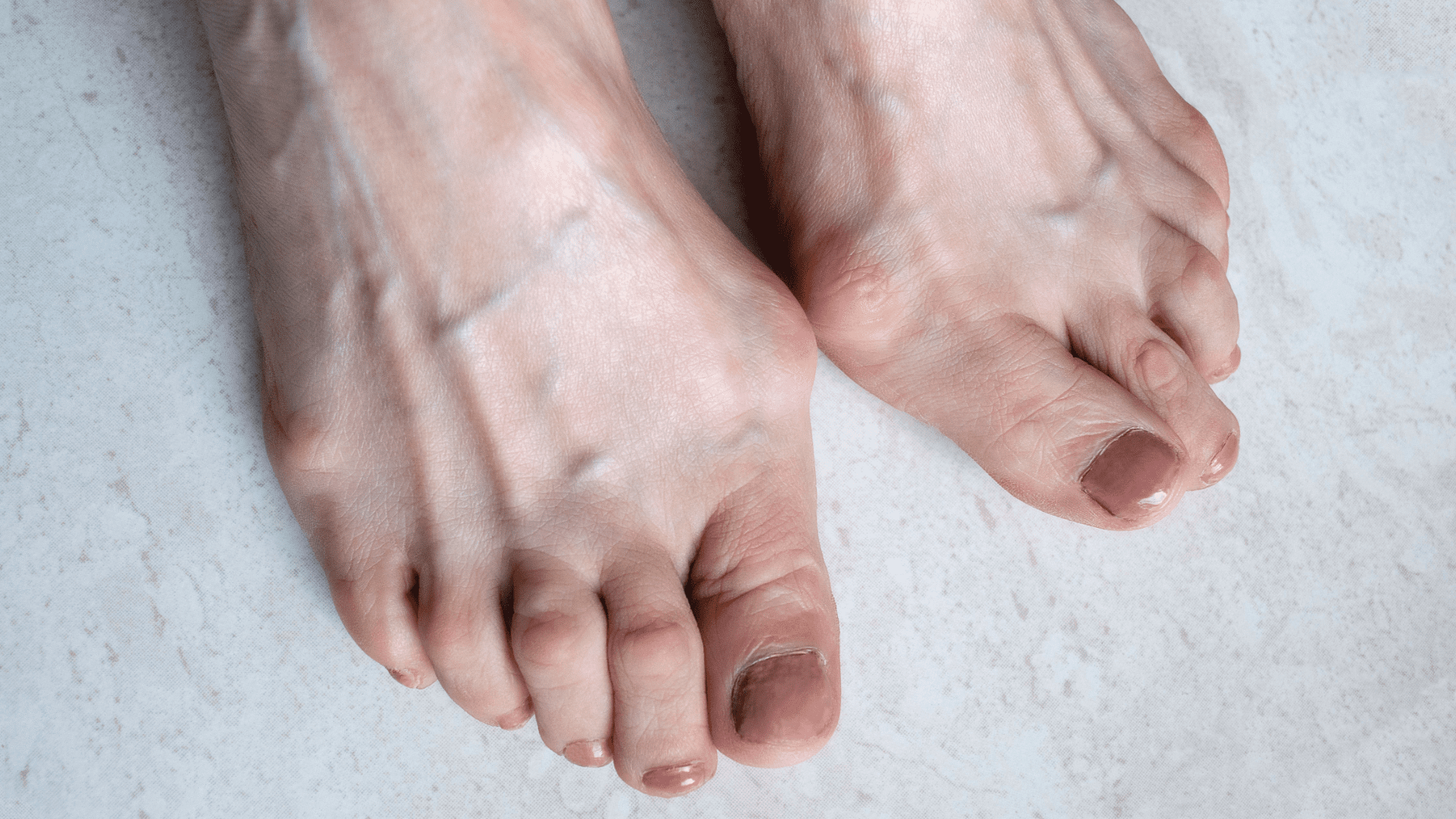
When it comes to finding the right fit, there are a few things to keep in mind. The first tip is to speak with an expert. At ShoeFit.uk, we offer a video call service where you can talk to one of our experts about your feet and get personalised recommendations based on your individual needs and any conditions you may have. We understand that everyone’s feet are different, and we want to help you find the right fit.
Another tip is to use our fitting assistant on our website, which can translate some basic centimetre measurements into a shoe size and take into account any conditions you may have and the shape of your feet. This can be a helpful tool for those who are not sure about their shoe size or have difficulty finding the right fit.
Check your footwear.
If you have a condition such as diabetes and have a loss of feeling in your feet, any rubbing or friction in your footwear may not be immediately obvious. Check the insides of new footwear for seams, ridges, stitching, glue, etc. Anything that could potentially dig into your skin and cause irritation. Even a small seam could lead to a blister, which if left untreated could move into something more serious.
Lastly, it is important to check your footwear, whether it is old or new. Look for signs that you may be wearing the wrong size, and use this information to make a more informed purchase. A good way of checking is to have a look at the crease line that forms when your toes bend. For the shoes to be working correctly, this line needs to be at the widest point of the shoe. If it’s further down towards the end of the shoe, it’s an indicator they’re too small. Likewise, if the crease line is towards the middle of the shoe then they’re too big for you.
By following these tips, you can be sure that you are getting the right fit for your feet and helping to manage or prevent conditions such as diabetes, bunions, and hammer toes.
Final thoughts.
The right fit is crucial when it comes to managing and preventing conditions such as diabetes, bunions, and hammer toes. Properly fitted shoes can provide the support and cushioning that your feet need to alleviate pain and discomfort, while also reducing the risk of developing further complications. By speaking with an expert, using our fitting assistant on our website, and checking your footwear regularly, you can be sure that you are getting the right fit for your feet.
We understand this might be a little bit confusing, which is why we recommend booking a free personal shopping appointment.
Here, you can talk to one of our expert shoe-fitters about your feet, and will receive recommendations based on your preferences.



